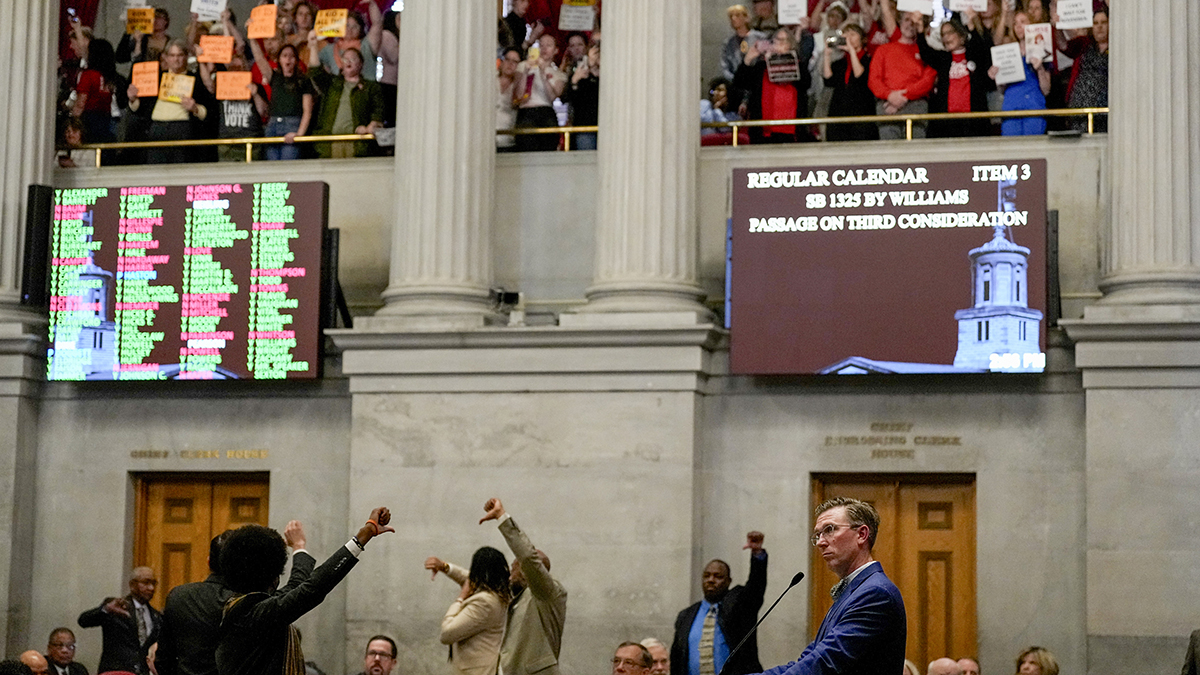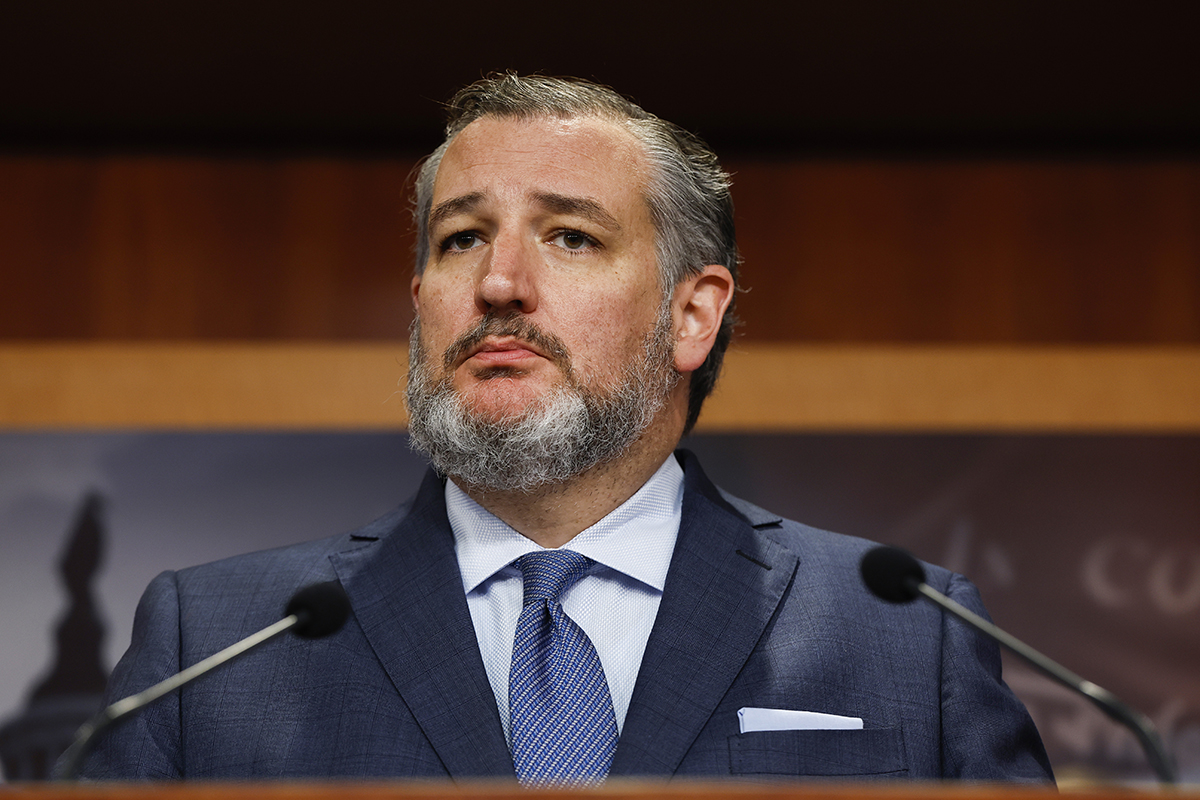President Joe Biden said he's confident a deal to raise the country's legal borrowing limit will be struck with Republicans in Congress as the U.S. government pushes closer to defaulting for the first time.
"America is a not a deadbeat nation, we pay our bills," Biden said Wednesday before heading for an overseas trip to attend the Group of Seven Summit in Hiroshima, Japan.
Biden was publicly upbeat after a roughly hourlong meeting Tuesday with House Speaker Kevin McCarthy in the Oval Office, despite having to cancel the Australia and Papua New Guinea portions of his overseas trip.
On Wednesday, Biden called the meeting "civil and respectful," and said "everyone understands the consequences if we were to default."
Get Boston local news, weather forecasts, lifestyle and entertainment stories to your inbox. Sign up for NBC Boston’s newsletters.
Biden and McCarthy named top emissaries to negotiate a deal to avert an unprecedented national default, with hopes they are able to close an agreement before a June 1 deadline.
The fresh set of negotiators means discussions are now largely narrowed to what the White House and McCarthy will accept in order to allow lawmakers to raise the debt limit in the coming days. The speaker said after a meeting with Biden and congressional leaders that a deal was “possible” by week's end, even as — in McCarthy's view — the two sides remained far apart for the moment.
“There’s still work to do," Biden said. "But I made it clear to the speaker and others that we'll speak regularly over the next several days and staff's going to continue meeting daily to make sure we do not default.”
Politics
Senior White House officials, as well as top aides to the four congressional leaders — McCarthy, R-Calif., Senate Majority Leader Chuck Schumer, D-N.Y., Senate Minority Leader Mitch McConnell, R-Ky., and House Minority Leader Hakeem Jeffries, D-N.Y. — have been meeting daily.
But now, Steve Ricchetti, counselor to the president, Office of Management and Budget Director Shalanda Young and legislative affairs director Louisa Terrell will take the lead in negotiations for the Democratic side, while Rep. Garret Graves, R-La., a key McCarthy ally who has been a point person for the speaker on debt and budget issues, will represent Republicans.
“Now we have a format, a structure,” McCarthy said as he returned to the Capitol.
Negotiators are racing to beat a deadline of June 1, which is when the Treasury Department has said the U.S. could begin defaulting on its debts for the first time in history and risk a financial catastrophe. The revised itinerary of Biden's upcoming trip showed the urgency of the talks.
Even as the Democratic president and the Republican speaker box around the politics of the issue — with Biden insisting he’s not negotiating over the debt ceiling and McCarthy working to extract spending cuts with the backdrop of a potential default — various areas of possible agreement appeared to be emerging.
Among the items on the table: clawing back some $30 billion in untapped COVID-19 money, imposing future budget caps, changing permit regulations to ease energy development and putting bolstered work requirements on recipients of government aid, according to those familiar with the talks.
But congressional Democrats are growing concerned about the idea of putting new work requirements for government aid recipients after Biden suggested over the weekend he may be open to such changes. The White House remains opposed to changes in requirements for recipients of Medicaid and food stamp programs, although it is more open to revisions for beneficiaries of the Temporary Assistance for Needy Families cash assistance program.
The idea of imposing more work requirements was “resoundingly” rejected by House Democrats at a morning caucus meeting, according to one Democrat at the private meeting and granted anonymity to discuss it.
Progressive lawmakers in particular have raised the issue. Rep. Pramila Jayapal, the chair of the Congressional Progressive Caucus, said, “We want to make sure that these negotiations do not include spending cuts, do not include work requirements, things that would harm people, people in rural areas, black, brown, indigenous folks.”
Democratic leader Jeffries' staff sought to assuage the concerns late Monday, while a separate group of more centrist Democrats signaled to their moderate Republican colleagues they are prepared to work something out to reach a debt ceiling deal, aides said Tuesday.
While McCarthy has complained the talks are slow-going, saying he first met with Biden more than 100 days ago, Biden has said it took McCarthy all this time to put forward his own proposal after Republicans failed to produce their own budget this year.
Compounding pressure on Washington to strike a deal, Treasury Secretary Janet Yellen said Monday that estimates are unchanged on the possible “X-date” when the U.S. could run out of cash.
But Yellen, in a letter to the House and Senate, left some opening for a possible time extension on a national default, stating that “the actual date Treasury exhausts extraordinary measures could be a number of days or weeks later than these estimates.”



